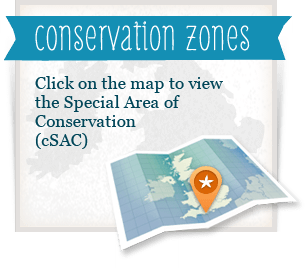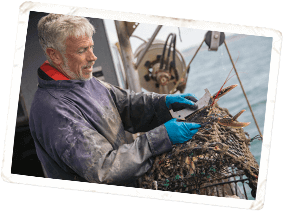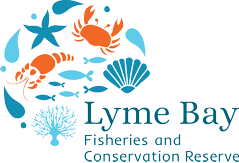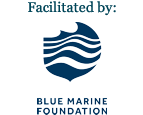
Measuring Socio-Economics

An ecosystem services and socio-economic study was started in 2015 by Plymouth and Exeter Universities, in partnership with CEFAS. The study aimed to quantify the benefits of the management measures implemented by the project to both the environment and the local communities of Lyme Bay. This study is ongoing and aims to help the public and policy makers understand the rationale for conservation measures by considering the economic, social and ecological benefits in decision making (the ecosystem approach). Defining those beneficial ecosystem services and links to indicators of human wellbeing has become a highly influential tool in conservation planning and management, both at a UK level and internationally.
Data from the study is being used to provide management recommendations to inform sustainable fishing levels (which do not prevent habitat recovery) in the future. They may also be used to provide evidence of the effective management of the fishery.
The results show the habitats and species of Lyme Bay interact to support the delivery of a wide range of ecosystem processes and services. A key finding from this study is that management measures for the Reserve have led to increases in mean monthly landings (weight and value) for crab and scallops which are both associated with the protected reef habitat suggesting management has been beneficial for both the reefs and the associated fishery. Few shellfish species caught in the UK are subject to annual quota limits so changes in catches are a good indication of increasing abundance in the Reserve;
The report also revealed job and income satisfaction of fishermen involved with the Reserve activities has been high and increasing gradually showing that there have been both environmental and socio-economic improvements as a result of the Reserve. Fishermen who are part of the working group had the highest job satisfaction and income scores and the lowest perceived levels of stress and conflict compared to static and mobile operators outside the Reserve.
Read the full report here




















